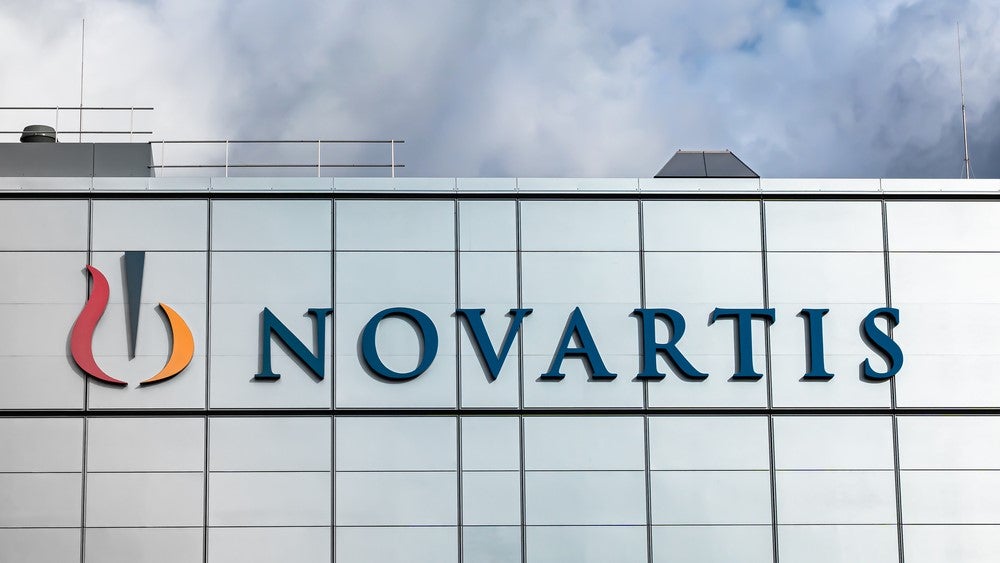
Novartis’ Kisqali (ribociclib) has demonstrated a 25.1% reduction in the risk of disease recurrence in patients enrolled in the Phase III NATALEE trial.
The patient population under effect include adults with stage II and III hormone receptor-positive/human epidermal growth factor receptor 2-negative (HR+/HER2-) early breast cancer (EBC) treated with adjuvant Kisqali along a non-steroidal aromatase inhibitor as standard endocrine therapy (ET) compared to ET alone. The data was presented at the 2023 San Antonio Breast Cancer Symposium (SABCS) Annual Meeting on 8 December.
Kisqali is a cyclin-dependent kinase (CDK) 4 and 6 inhibitor. In 2017, it was approved by the US Food and Drug Administration (FDA) as a combination therapy with aromatase inhibitor as the first-line treatment of advanced or metastatic breast cancer.
Kisqali is one of the top ten high-grossing products for Novartis, it generated $1.47bn in net sales in the first nine months of FY 2023, as per the company’s Q3 financials. The drug is forecasted to generate $6.5bn in global sales in 2029, as per GlobalData analysis.
GlobalData is the parent company of Pharmaceutical Technology.
Novartis plans to submit the application seeking approval for Kisqali as a treatment of early breast cancer with the FDA by the end of 2023. The company has submitted the same to the European Medicines Agency (EMA), as per an 8 December press release.
Access the most comprehensive Company Profiles on the market, powered by GlobalData. Save hours of research. Gain competitive edge.

Your download email will arrive shortly
We are confident about the unique quality of our Company Profiles. However, we want you to make the most beneficial decision for your business, so we offer a free sample that you can download by submitting the below form
By GlobalData
The open-label NATALEE trial (NCT03701334) met its primary endpoint by demonstrating improved invasive disease-free survival (iDFS) with the combination therapy of Kisqali and ET, compared to ET monotherapy.
Kisqali showed a 25.1% reduction in distant disease-free survival (DDFS) and a 27.3% reduction in recurrence-free survival (RFS). The overall survival was 3.3% and 3.4% in the Kisqali arm and ET monotherapy arm, respectively.
The commonly observed Grade 3 or 4 adverse events (AEs) included neutropenia, liver-related AEs, and QT interval prolongation.
Another drug in Novartis’ clinical development pipeline is remibrutinib for treating chronic spontaneous urticaria (CSU) whose symptoms are inadequately controlled by H1-antihistamines. The drug met its primary and secondary endpoints at 12 weeks in Phase III REMIX-1 and REMIX-2 trials (NCT05030311 and NCT05032157).

Sign up for our daily news round-up!
Give your business an edge with our leading industry insights.
